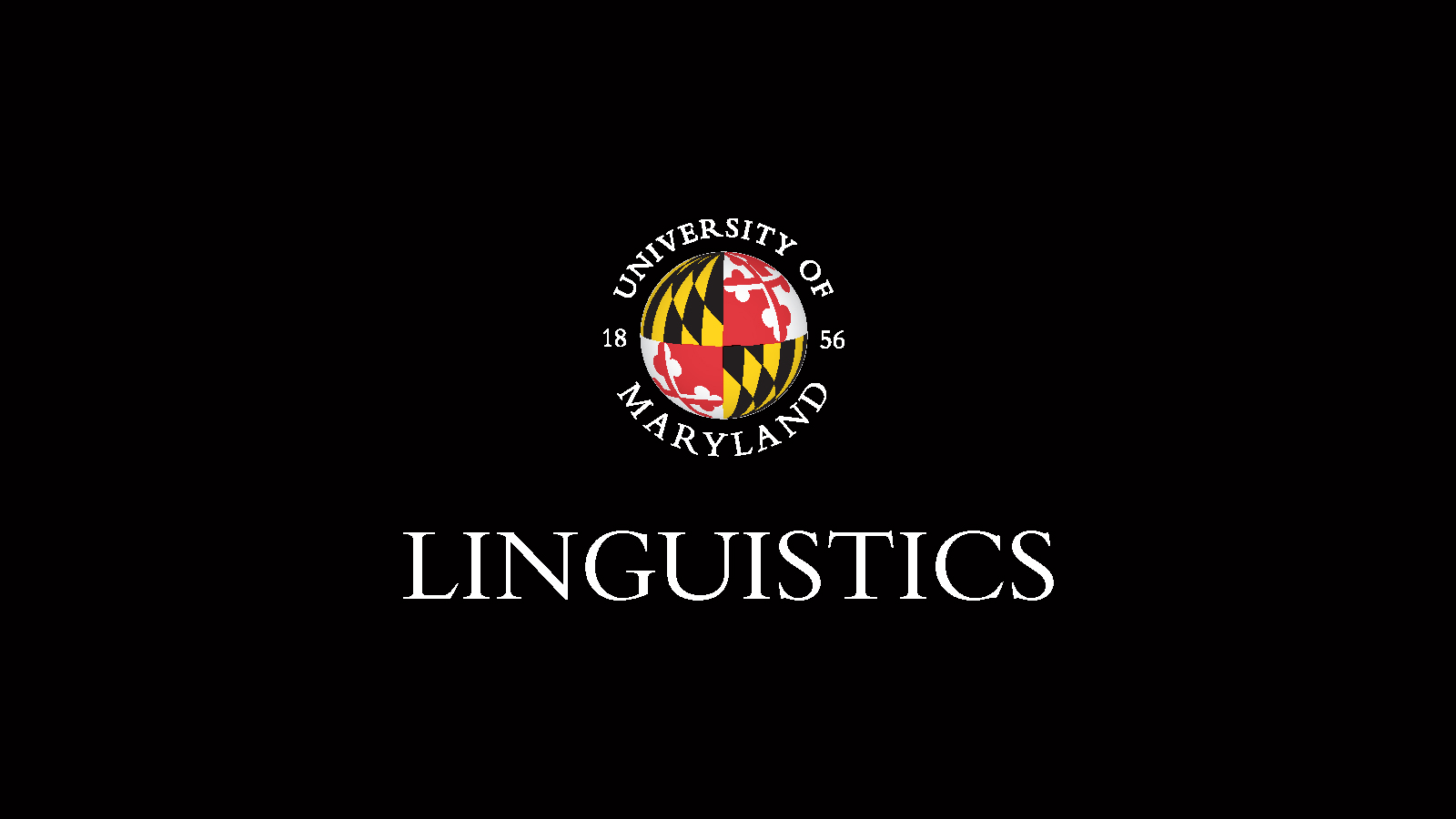Zoe and Chris win NSF dissertation grants
April 17, 2017

Zoe Schlueter and Chris Heffner have won NSF support for their dissertation projects.
Congratulations to Zoe Schlueter and Chris Heffner, who with their advisors have won NSF support for their dissertation projects, respectively: Morphosyntactic and Interpretive Dependency Formation in Agreement Attraction and Categorization and Segmentation Inside and Outside Language. Proposals for Doctoral Dissertation Research Improvement awards "are judged on the basis of their scientific merit, including the theoretical importance of the research question and the appropriateness of the proposed data and methodology to be used in addressing the question." Abstracts Zoe Schlueter, Morphosyntactic and Interpretive Dependency Formation in Agreement Attraction There is growing evidence that the interpretations comprehenders arrive at are not always faithful to the linguistic input (for recent reviews see Karimi & Ferreira, 2015; Christianson, 2016). The current project investigates the extent to which basic properties of memory retrieval contribute to unfaithful interpretations in cases of agreement attraction, in which retrieval interference causes comprehenders to perceive a sentence with a subject-verb agreement violation (?The key to the cabinets are rusty?) to be grammatical in the presence of a non-subject attractor noun. This work has important broader implications for the relationship between the retrieval operations used to construct morphosyntactic dependencies and interpretive dependencies. While there is a detailed and well-supported model of the retrieval mechanisms underlying agreement attraction (Wagers et al., 2009; Dillon et al., 2013), the research looking at the resulting interpretations is very limited (Lau et al., 2008; Patson & Husband, 2016). This reflects a broader trend: while recent years have seen much progress in our understanding of how cue-based memory systems account for the formation of morphosyntactic dependencies (e.g. McElree, 2000; Van Dyke & Lewis, 2003; Lewis & Vasishth, 2005), little work has examined how this relate to the interpretive dependencies comprehenders build. The four behavioral experiments proposed here ask how misretrievals in checking agreement dependencies impact the resulting interpretation, and thus not only examine one possible mechanism for misinterpretation, but also investigate to what extent the memory retrieval operations for purely formal dependencies are impacted by the interpretive dependencies that have to be formed between the same items.Chris Heffner, Categorization and Segmentation Inside and Outside Language Humans hear the speech of others almost every day. Understanding that speech is often quite difficult, as can be seen when interacting with automated speech recognition technologies. Doing so requires the use of complex yet surprisingly effective cognitive abilities. But are the mental tools that humans use to understand speech used for speech only, or are there ones that are applied to multiple purposes? This project seeks to link language learning and perception to other tasks to determine the extent to which speech perception shares an underlying basis with other cognitive processes. This project will enrich the understanding of cognition. Furthermore, it could open up new avenues for designing technologies to better improve speech processing as well as lead to new methodologies to train people learning a second language. To study the domain-specificity of speech perception, this project will center on two particular aspects of speech: category learning and segmentation. Accurate comprehension of spoken language demands the segmentation of continuous speech into discrete words, just as the perception of actions demands the segmentation of perceived activity into discrete events. And listeners must learn to deal with the variability in speech sounds in order to treat some sounds as belonging to the same category, just as they must group, say, disparate dog sounds as belonging to a single “barking” category. One experiment will investigate the extent to which rate information can affect the segmentation of events, while another will assess the extent to which biases that seem to be present in phonetic category learning can also be found in non-speech category learning. A third experiment will use magnetoencephalography (MEG) to probe the acquisition of certain types of speech sound categories. All told, the research will illuminate whether and which processes in language and in other domains parallel each other, which relates to the notion of modularity, the idea that the brain houses separate components that have evolved to perform individual functions in the world.

